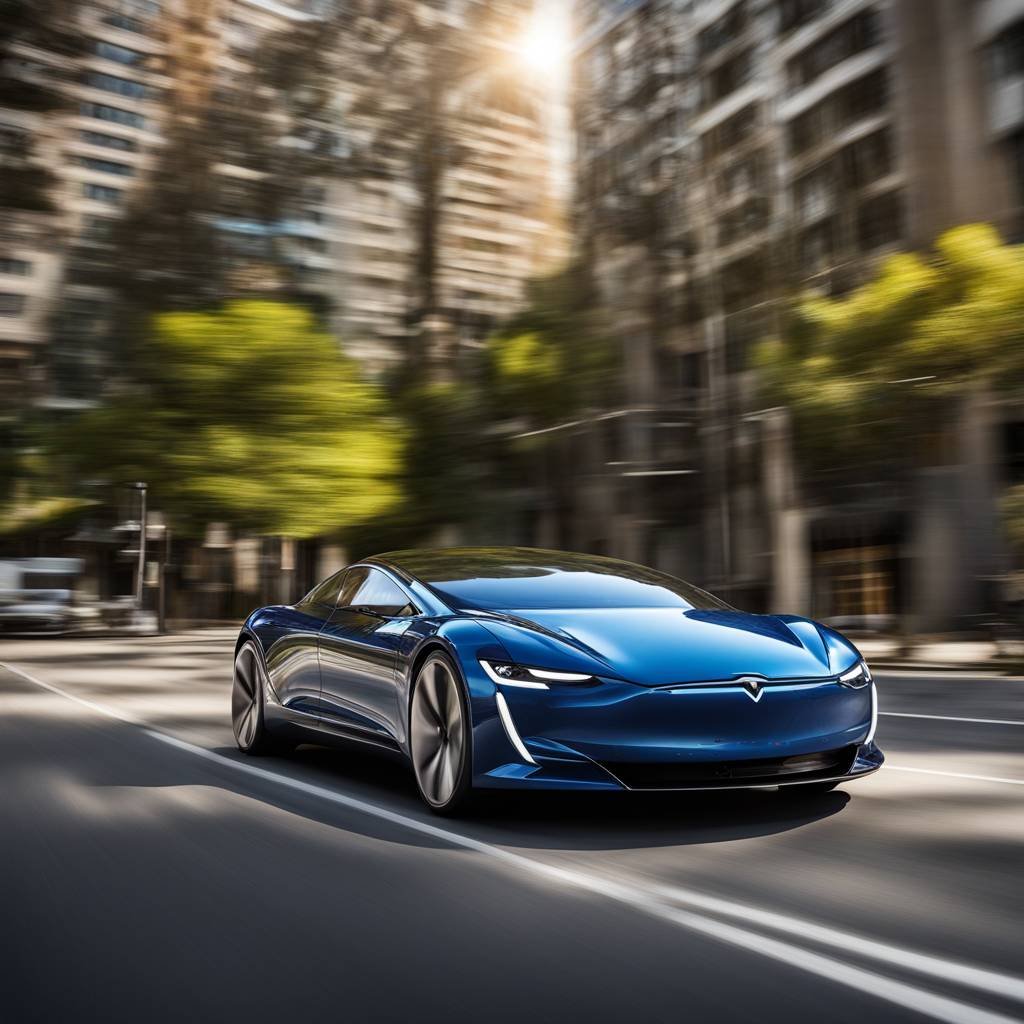In the first quarter of 2024, EV sales in the U.S. showed signs of steadiness despite a perceived slowdown in adoption. Data analyzed by InsideEVs revealed that the 19 brands examined sold over 102,000 all-electric vehicles, marking the third-highest quarterly result ever for this group. However, the year-over-year increase was only 18%, the slowest rate in a few years. Traditional carmakers, such as Audi, BMW, Cadillac, Chevrolet, Ford, Hyundai, and Kia, among others, reported their EV sales in the U.S. During 2023, all-electric car sales reached an estimated 1.1 million units, with about 450,000 sold by traditional carmakers, reflecting an 83% increase from the previous year.
Ford emerged as the leading non-Tesla brand in Q1 2024, selling over 20,000 EVs, while Kia, BMW, and Hyundai exceeded 10,000 in sales. Cadillac also saw a surge in its EV share, surpassing other luxury brands like Audi, BMW, and Mercedes-Benz. The sales data pointed to a strong position for premium brands like BMW and Mercedes-Benz, as well as recent success for Cadillac. However, Chevrolet faced challenges with Ultium platform ramp-up issues and software problems, leading to a decline in its EV sales compared to 2023. The report highlighted the absence of several non-Tesla brands in the data, with estimates suggesting total EV sales in the U.S. for Q1 were between 225,000-250,000 when including Tesla’s sales.
Looking at the share of EVs out of total sales for various automakers, Cadillac achieved the highest EV share in Q1 at 16.4%, signaling a positive outcome for General Motors’s luxury brand. Other top performers included Volkswagen, Kia, Hyundai, and Ford, with EV shares ranging from 4.2% to 7.5%. Mainstream brands like Chevrolet recorded a lower EV share of 2.2%. The data reflected the progress made by traditional automakers on their journey towards electrification, with brands like Cadillac outperforming German luxury competitors in terms of EV adoption. A separate report on automotive groups’ electrification progress was teased for future release, providing further insights into which brands are leading the shift towards electric vehicles.
Despite a potential slowdown in EV adoption in 2024, consumers were eagerly awaiting improvements in charging infrastructure, more affordable options, and advancements in battery technology. The data presented a mixed picture for the EV market, with overall sales showing growth compared to previous years, albeit at a slower rate. The report underscored the importance of monitoring traditional carmakers’ progress in developing and selling EVs, as well as anticipating the impact of newer companies like Tesla, Rivian, Polestar, Lucid, Fisker, and VinFast on the market. With Tesla likely representing over half of all EV sales in the U.S., the contribution of other brands to the industry’s growth became increasingly significant, highlighting the need for continued analysis and tracking of EV sales patterns to gauge market trends accurately.



